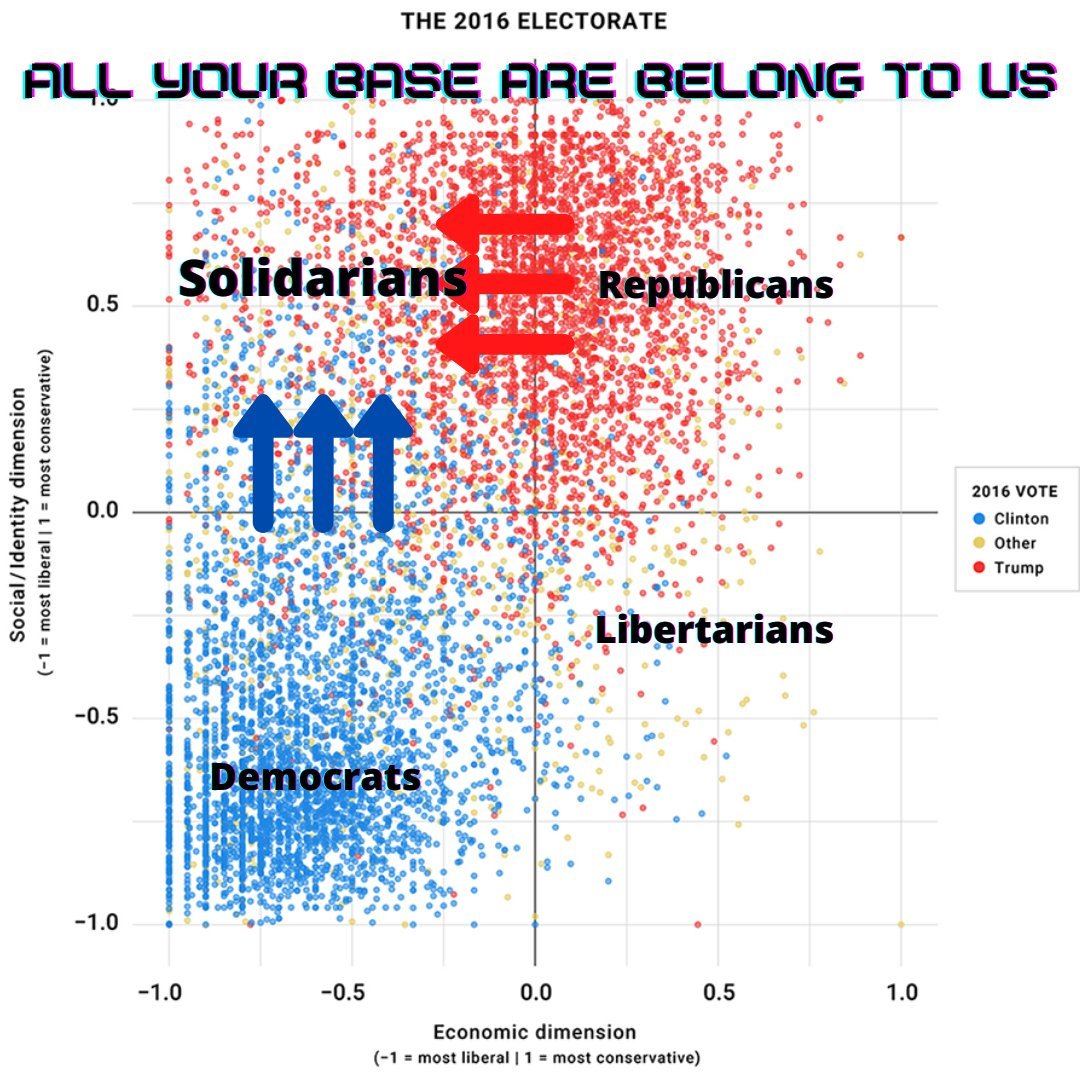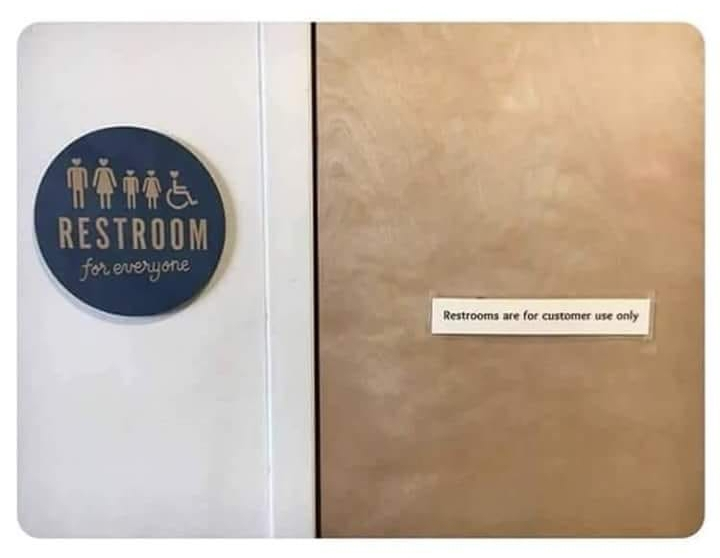
We have our disagreements with Rep. Omar, to put it mildly, but it's interesting that some conservatives are lashing out at this when she's only repeating a point here that Dwight Eisenhower (not exactly a radical socialist) made more than sixty years ago.
https://twitter.com/Ilhan/status/1330935540888330243
As Ike put it, "Every gun that is made, every warship launched, every rocket fired signifies, in the final sense, a theft from those who hunger and are not fed, those who are cold and are not clothed."
"This world in arms is not spending money alone. It is spending the sweat of its laborers, the genius of its scientists, the hopes of its children...This is not a way of life at all... Under the cloud of threatening war, it is humanity hanging from a cross of iron."
National defense is a legitimate function of government.
But yes, let's ask if our tax dollars are going to the right priorities, especially when it means arming foreign dictatorships with weapons produced by those tax dollars.
But yes, let's ask if our tax dollars are going to the right priorities, especially when it means arming foreign dictatorships with weapons produced by those tax dollars.
Even if we were only producing the F-35 for our use, that aircraft is legendary for being plagued by technical problems and running up huge costs.
People who are concerned about government waste would do well to start with the Pentagon before taking aim at food stamps.
People who are concerned about government waste would do well to start with the Pentagon before taking aim at food stamps.
If this is the case, well, we're happy to add that the US shouldn't be playing armorer for Turkey's increasingly destructive foreign policy either.
https://twitter.com/Al3xanderWils0n/status/1331276496892272643
• • •
Missing some Tweet in this thread? You can try to
force a refresh





